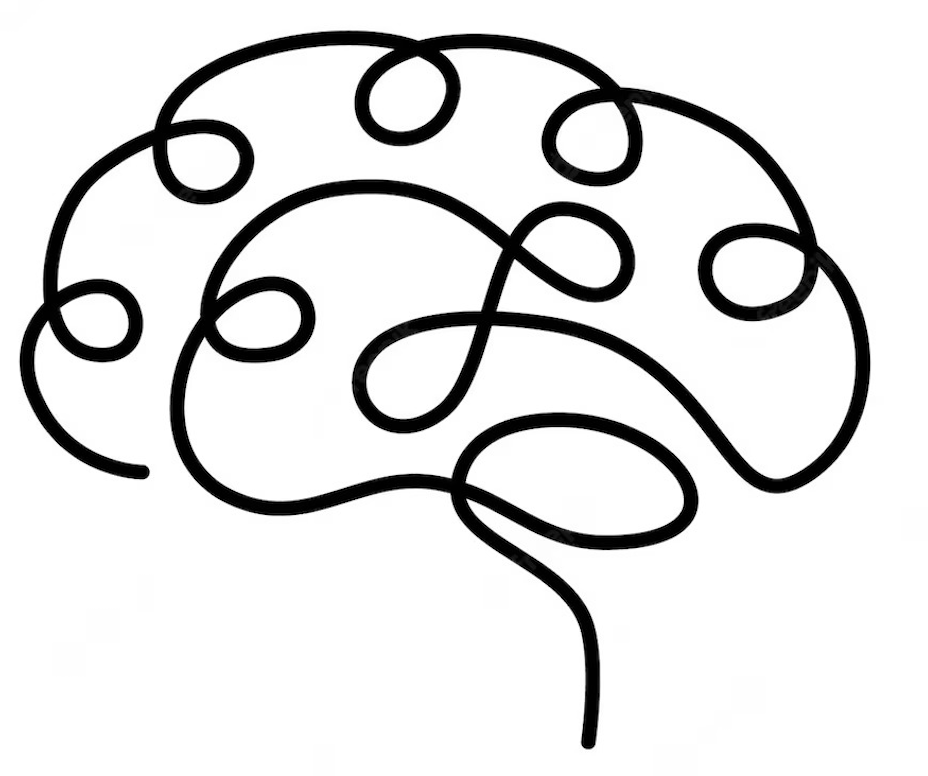Your daily insights in minutes!
How to Defeat Jetlag, Shift Work & Sleeplessness | Huberman Lab Podcast #4
Summary
In this episode of the Huberman Lab Podcast, Dr. Andrew Huberman, a professor of neurobiology and ophthalmology at Stanford School of Medicine, discusses strategies to combat sleep-related issues such as jetlag, shift work, and sleeplessness. He emphasizes the importance of aligning our circadian rhythms with natural light-dark cycles and provides practical insights into optimizing your daily schedule.
Key Insights
🌞 Circadian Rhythm: Our bodies have an innate circadian rhythm, a 24-hour cycle that regulates various functions, including wakefulness and sleepiness, temperature, metabolism, immune system activity, and mood.
✨ Light Exposure: To maintain a healthy circadian rhythm, it’s crucial to expose yourself to at least 100,000 lux of light before 9:00 AM, preferably from natural sunlight. Avoid staring at extremely bright lights that can harm your eyes.
🏙️ Artificial Lights: If natural light isn’t sufficient, you can use artificial lights, but they should be adequately bright and used strategically in the morning. Light from screens like phones and computers is typically not bright enough to reset your circadian clock effectively.
🌅 Sunset Exposure: Viewing the sunset helps lower the sensitivity of your eyes, preparing your body for sleep. This is a natural way to signal the end of the day and promote relaxation.
✈️ Jet Lag: To combat jet lag while traveling, adapt to your destination’s time zone by adjusting your light exposure and meal times accordingly. Gradually align your circadian rhythm with the new environment before you arrive.
🏢 Shift Work: For individuals working night shifts, mimic natural light-dark patterns as much as possible. Use bright artificial lights during the night and avoid bright light exposure during the day to improve sleep quality.
🌿 Melatonin: Melatonin supplements can help regulate sleep patterns when used correctly. Take melatonin around the same time each night, about 30 minutes before your intended bedtime, to help reset your circadian rhythm.
🧘 Meditation: Meditation can be a useful tool for promoting better sleep and overall well-being. Apps like Headspace can guide your meditation practice and improve cognitive function and mental recovery.
Dr. Huberman’s podcast episode offers science-based insights and practical tips to help you manage sleep-related challenges and optimize your daily routine for better sleep and wakefulness.
